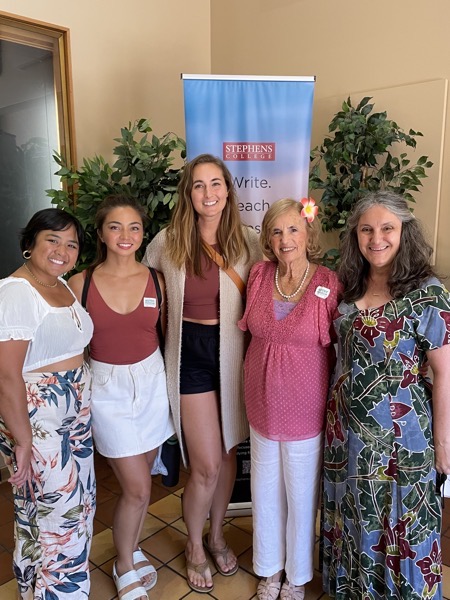Losing the Real Girl in Adapting Gidget
On Saturday, August 6th I had the pleasure of giving an Introductory lecture on Adaptation before a screening of the movie Gidget. Written by Gabriele Upton the film was based on the novel by screenwriter Frederick Kohner which was itself based on the diaries of his daughter, Kathy Kohner, about the summer she learned to surf.

I focused on the fact that the book is a love story between a young woman and a sport – surfing – whereas the movie became a more generic love story about a girl and a college boy. While it has been enjoyed over the years its saccharine take has kept readers from discovering the real excitement and joy of independence Kathy (nicknamed Gidget) found that summer in Malibu. She made a series of important decisions about her life and proved herself among a group of seasoned male athletes simply by working hard at being good enough to surf alongside them. I ended by illustrating how the TV series (written by Ruth Brooks Flippen and starring Sally Field in her first big role) managed to capture the truth of the novel better than the 3 films made from it – which oddly starred 3 different women in the lead role but the same male lead – as if the films belong to Moondoggie but the TV show belonged once again to Kathy.

I had the great treat of bringing my 2 MFA cohorts to the Autry Museum for the event so they could check out the museum before the show. Then we all had the great treat of being joined by the real Kathy Kohner Zuckerman herself along with a group of young female surfers who wanted to watch the movie and meet an idol. Thanks to Ben Fitzsimmons for inviting us all to create this event together. And remember whenever you see a film based on a book that reading the book will make for an even richer experience of the story.


![27 TV Helps People See The Future from The Difficulties and Delicacies of Writing the First Female Doctor in 50+ years [Video] [Doctor Who]](https://rosannewelch.com/wp-content/uploads/2022/08/rmw-whocon-2021-chibnall-27.jpg)

![18 The Beginning of Bingability from Why Torchwood Still Matters (2021) with Dr. Rosanne Welch , San Diego Who Con 2021 [Video]](https://rosannewelch.com/wp-content/uploads/2022/08/rmw-whocon-2021-torchwood-18.jpg)
![08 Women Writing Westerns For TV from What Is a Western? Interview Series: When Women Wrote Westerns from the Autry Museum of the American West [Video]](https://rosannewelch.com/wp-content/uploads/2022/08/rmw-western-08.jpg)


![17 We Stand On The Shoulders…from When Men Forget Women: The Many Ways Male Screenwriters Fail to Mention their Female Colleagues [Video]](https://rosannewelch.com/wp-content/uploads/2022/08/rmw-scms-2021-17.jpg)
![16 The Companions and History from The Difficulties and Delicacies of Writing the First Female Doctor in 50+ years [Video] [Doctor Who]](https://rosannewelch.com/wp-content/uploads/2022/08/rmw-whocon-2021-chibnall-26.jpg)
![17 Spoilers…or not from Why Torchwood Still Matters (2021) with Dr. Rosanne Welch , San Diego Who Con 2021 [Video]](https://rosannewelch.com/wp-content/uploads/2022/08/rmw-whocon-2021-torchwood-17.jpg)
![07 Women Writing Westerns from What Is a Western? Interview Series: When Women Wrote Westerns from the Autry Museum of the American West [Video]](https://rosannewelch.com/wp-content/uploads/2022/08/rmw-western-07.jpg)
![Powers Cameragraph projector, c. 1904-06, Hollywood Heritage Museum (Lasky-DeMille Barn) via Instagram [Photography]](https://rosannewelch.com/wp-content/uploads/2022/08/projector.jpg)
